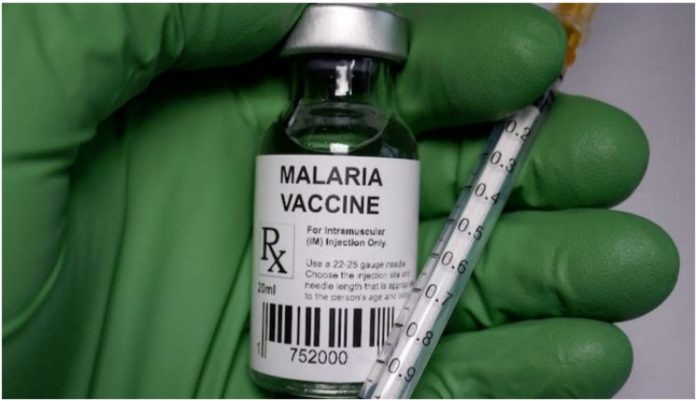The promise of the new R21 malaria vaccine has ignited hope for the eradication of malaria and stopping malaria deaths in Nigeria. There are between 50 million and 100 million recorded malaria cases in the country every year. These lead to between 200,000 and 300,000 deaths from malaria fever annually.
This means that Nigeria has by far the highest burden of malaria in the world. Environmental and climatic conditions, which enable the breeding of anopheles mosquitoes, worsen this situation.
Children and pregnant women are the most vulnerable sections of the population. 11% and 30% of all maternal and infant mortality, respectively, are because of malaria fever. It also contributes significantly to low birth weight of newly born children and maternal anaemia and is one of the leading causes of miscarriages.
The economic costs of this fever are also significant. Nigerians, especially those with the least resources, spend at least N2.04 trillion as out-of-pocket expenditure for malaria prevention and treatment every year.
On average, an individual spends between N1,850 and N2,443 on drugs for a simple bout of malaria. This does not include amounts spent on laboratory investigation and medical consultation as many people embark on self-medication to save coughing out monies for these. Sever cases could cost up to N20,000 to treat. This is two-thirds of the national minimum wage, so you can imagine what it means for a worker to be hit by such bouts.
Apart from the N2.04 trillion which people in the country spend on the disease, the federal government also claims that it spends 55% of its recurrent annual budget on health on malaria. This amounts to N319.45 billion out of the N580.82 billion for the 2023 health budget, for example.
In light of the impact of malaria on health impacts in Africa, many countries on the continent have turned to the use of dichlorodiphenyltrichloroethane (DDT) to eradicate the disease over the last few decades.
Countries like South Africa successfully used it. And ten years ago, Nigeria joined other African countries to support the use of this deadly chemical. But, for once, the lackadaisical approach of the federal government was welcome, as it never took action.
DDT destroys the environment. Rachel Carson ignited the modern environmental movement in 1962 with her book Silent Spring, in which she condemned the spraying of DDT as a pesticide in the United States, after World War II. Using this chemical as a pesticide was banned in the United States ten years after the publication of Silent Spring.
DDT also has adverse effects on human beings (directly, as well as being part of the environment). It is known to cause preterm births. Medical researchers have also shown that it could lead to genotoxicity and endocrine disruption, with impact on several generations of those affected by its use.
In light of all these, the last two years have been years of anticipation as soon as the vaccine trials of the R21/Matrix-M reached advanced stages. It is great news that the vaccine is now ready for use.
The Nigerian government has approved the vaccine through the National Agency for Food and Drug Administration and Control (NAFDAC) to vaccinate children from the ages of 5 to 36 months. Children below the age of five have a worse death rate than all other age demographics.
Is the government taking steps to make sure all children in that age bracket receive vaccinations? There are serious structural problems that have to be tackled for the vaccination implementation to be as thorough as it needs to be. The health sector in Nigeria is grossly underfunded, and the primary healthcare system is crumbling.
Twenty-two years ago, Nigeria hosted all African heads of state, where they issued the Abuja Declaration, in which they committed to set aside at least 15% of their annual budget for health. Not once since then has the federal government ever come close to upholding this commitment.
Trade unions and other working-class organisations, including left groups and radical civil society organisations, as well as our communities, need to make the government live up to this commitment, with mass action.
We can make the government walk its talk in the fight against malaria and the building of a strong public health system in no distant time if we mobilise and organise.
by Kayode Somtochukwu ANI & Baba AYE









